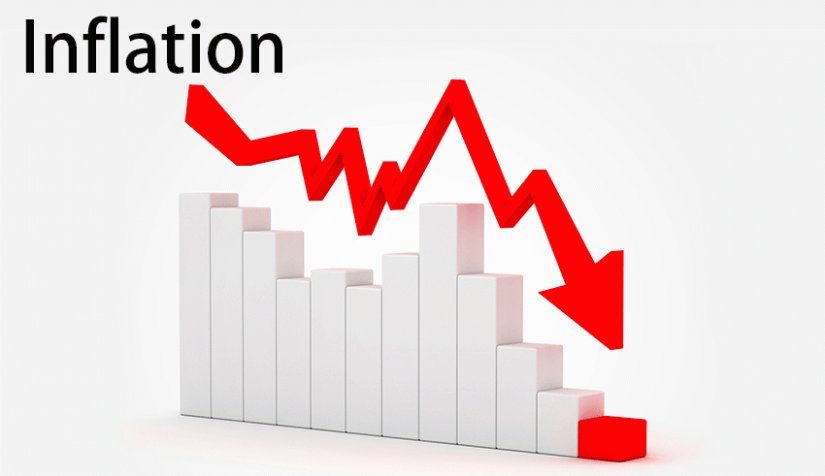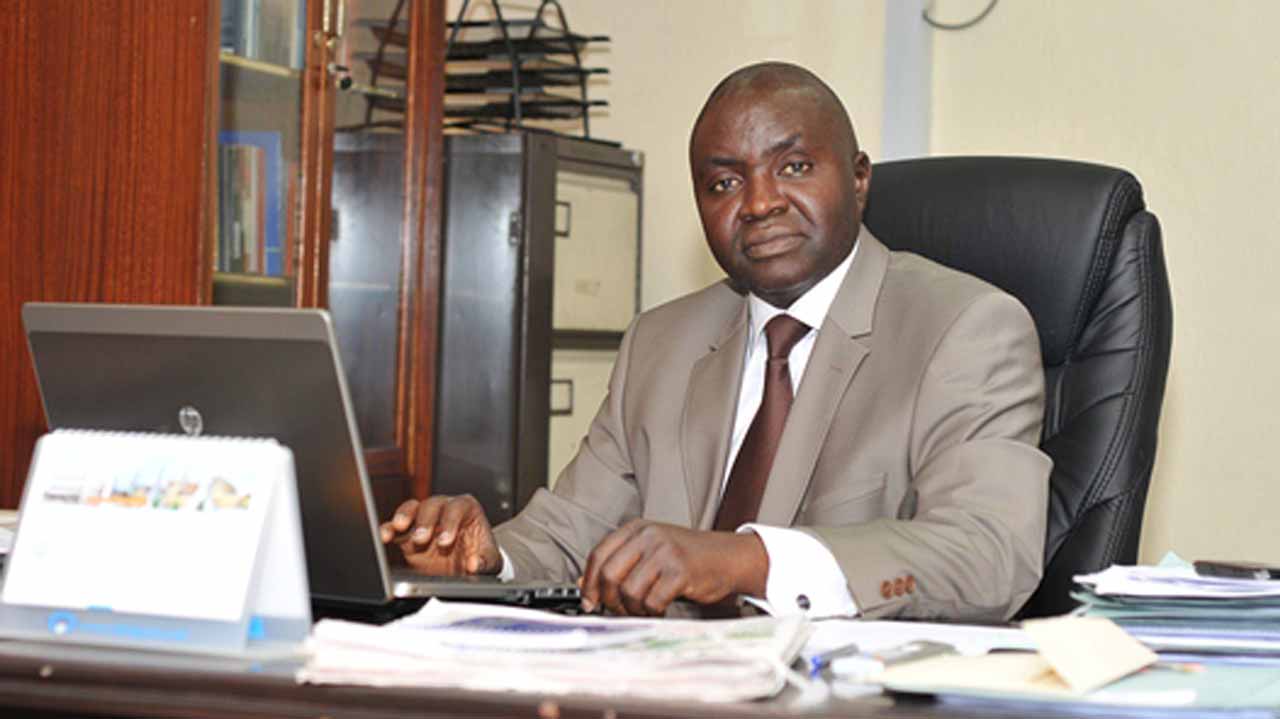
* Says fragmented markets are threats to border efficiency
Deji Elumoye in Abuja
President Bola Tinubu on Monday reiterated Nigeria’s resolve to work towards building an Africa where borders are efficient enough to facilitate trade and other economic opportunities instead of hindering them.
He therefore implored African nations to be disciplined in working towards building borders that meet the high demands and rapid pace of contemporary technological advancement.
Speaking in Abuja while declaring open the Customs Pact – Partnership for African Cooperation in Trade, the president expressed delight to be a part of the event, which brought together partners and leaders from across the continent, saying it demonstrates the collective resolve to discard the old habit of accepting slow borders as destiny.
Tinubu, who was represented by Vice-President Kashim Shettima, said while nations exist to complement one another, size, resources and talent are inconsequential if they are trapped behind inefficient borders and fragmented markets.
“Nigeria remains firmly committed, structurally and operationally, to building an Africa that trades by design, where integration is practical, measurable and effective. Our ambition is simple: a continent where borders facilitate opportunities rather than inhibit them,” he declared.
Maintaining that “fragmented markets cannot achieve industrial scale, negotiate effectively with global powers, or withstand external shocks”, the president noted, however, that integration “enables large-scale industrialisation, collective bargaining strength and resilient supply chains”.
Nigeria, according to him, is approaching this responsibility with practical systems and infrastructure rather than rhetoric, even as he said the strength of a continental market can only be engineered and not declared.
Tinubu stated that while Africa had already taken the hardest step by agreeing on integration through the African Continental Free Trade Area (AfCFTA), what is crucial at the moment is execution.
“Success will be judged not by communiqués but by real outcomes: shorter border-crossing times, reliable local-currency settlements and efficient movement of goods across borders and ports. Our vision must translate from conference halls to the daily experiences of traders, manufacturers, logistics operators and farmers,” he maintained.
The president recalled that the urge to deliver the dividends of democracy to Nigerians informed his administration’s decision to reform “structural barriers to trade and investment, removing bottlenecks that limit competitiveness and rebuilding institutions for efficient regional integration”.
In achieving this, he said the administration quickly embarked on unifying the foreign exchange window, removing fuel subsidies to redirect resources to critical infrastructure, and modernizing port operations with 24-hour clearance.
Tinubu further said: “We adopted the Pan-African Payment and Settlement System to boost intra-African trade, and we prioritised non-oil export growth across key sectors. These reforms reinforce one another, creating a coherent foundation for stronger continental commerce and competitiveness. Each decision was a step towards a Nigeria that trades with confidence and an Africa that negotiates from a position of strength.
“We believe that our institutions have been deliberately aligned into a unified trade-enablement architecture, dismantling the traditional silos that once separated agencies. The Nigeria Customs Service now advances digital clearance systems and risk-based inspections.
“The Nigerian Ports Authority drives port efficiency. The Central Bank enables local-currency settlements through PAPSS. The Standards Organisation harmonises product standards with continental frameworks. NEPC and NEXIM Bank strengthen export readiness and provide targeted financing.
“This coordinated, integrated institutional approach is essential for successful continental integration, for no single agency can deliver the scale of reform required for Africa’s prosperity.”
On the level of impact of the collective reforms on the nation’s economy, the president said: “It is measurable, demonstrable and progressively accelerating.
“Intra-African trade is projected to expand from 15 per cent in 2023 to 25 per cent by 2030 under AfCFTA frameworks. Nigeria’s non-oil exports to African markets increased 38 per cent year-on-year in 2024. Cargo clearance time at major seaports has reduced by approximately 30 per cent since 2023.
“Paper-based compliance processes are being systematically replaced through digital trade reforms and automation. These metrics validate a fundamental principle: when structural barriers fall and systems function predictably, African trade expands rapidly and dynamically. Outcomes are never in doubt when processes are disciplined,” he also stated.
Tinubu described the National Single Window as central to Nigeria’s continental trade strategy, assuring the audience that phase one of the transformative digital platform will go live in March 2026, “with full rollout by December 2026”.
“It will allow businesses to submit import and export information once through a unified portal, automate inter-agency data sharing and real-time processing, apply risk-based compliance to speed up clearance for legitimate traders, and cut cargo clearance time from 21 days to under seven.
“This will significantly boost port productivity. Fully aligned with AfCFTA digital frameworks, the National Single Window positions Nigeria as a continental standard-bearer for customs digitalisation and seamless intra-African commerce,” the president said.
Earlier, the Minister of Finance and Coordinating Minister of the Economy, Mr. Wale Edun, represented by the Minister of State for Finance, Dr. Doris Uzoka-Anite, urged relevant authorities in Africa to continue to dismantle barriers that hinder trade and revenue generation.
She stressed that the Federal Government of Nigeria remains committed to supporting modernisation initiatives within customs administrations and aligning with global best practices aimed at creating a business-friendly environment.
The minister further expressed Nigeria’s commitment to ensuring that AfCFTA delivers tangible benefits for citizens, while improving the ease of doing business at the borders.
On her part, the Minister of Industry, Trade and Investment, Dr. Jumoke Oduwole, said that under President Tinubu’s decisive leadership, the administration has achieved a unified exchange rate, strengthened fiscal discipline, and is on course to accelerate regional economic integration under the Renewed Hope Agenda.
She maintained that Nigeria’s commitment to AfCFTA implementation remains unwavering, while urging participants to build an Africa that trades more with itself.
Also speaking, the Secretary-General of the World Customs Organization (WCO), Ian Saunders, applauded ongoing reforms by the Tinubu administration, assuring Nigeria that the WCO stands with it in facilitating legitimate trade.
He also praised heads of Africa’s Customs for their efforts in incorporating modern standards into their operations, adding that leadership, investment and consolidating gains in customs administration remain valuable.
Executive Vice-President of Afreximbank, Kanayo Awani, backed modernisation as a positive initiative adopted by several customs administrations, including Nigeria.
On his part, the Comptroller-General of Customs, Adewale Adeniyi, urged relevant authorities and stakeholders to adopt cross-country trade facilitation and integration, emphasizing, “we cannot continue to work in silos.”
According to him, the primary outcome of the engagement in Abuja, which involved all African regions, is to ensure that customs administrations are more actively engaged in AfCFTA implementation, while strengthening dialogue and mutual understanding between customs administrations and the private sector across the continent.
Also, the Secretary-General of AfCFTA, Wamkele Mene, stated that the Secretariat will work closely with the NCS to ensure that the objectives of C-PACT unfold into a pleasant reality.




